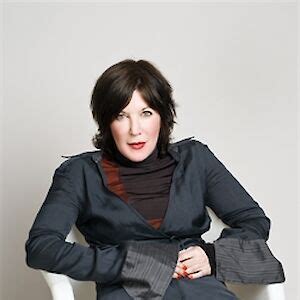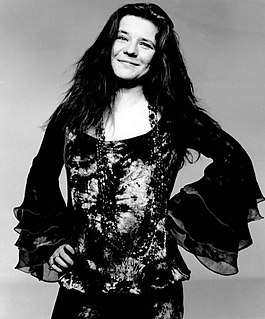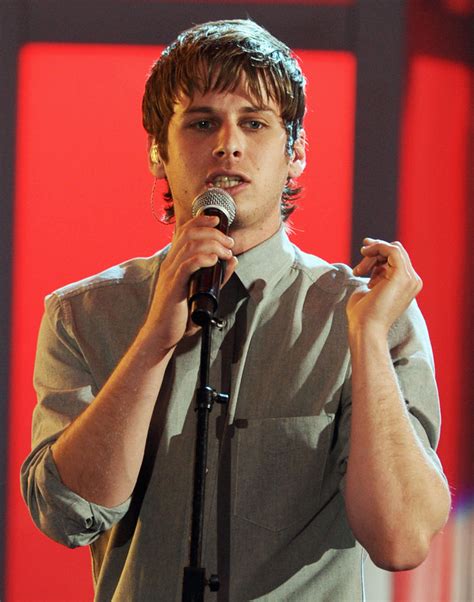A Quote by Susan Sontag
The writers or artists I write about are not necessarily those I care most about (Shakespeare is still my favourite writer) but those whose work I feel has been neglected.
Related Quotes
I would give them (aspiring writers) the oldest advice in the craft: Read and write. Read a lot. Read new authors and established ones, read people whose work is in the same vein as yours and those whose genre is totally different. You've heard of chain-smokers. Writers, especially beginners, need to be chain-readers. And lastly, write every day. Write about things that get under your skin and keep you up at night.
The writers I care about most and never grow tired of are: Shakespeare, Swift, Fielding, Dickens, Charles Reade, Flaubert and, among modern writers, James Joyce, T. S. Eliot and D. H. Lawrence. But I believe the modern writer who has influenced me most is Somerset Maugham, whom I admire immensely for his power of telling a story straightforwardly and without frills.
I would imagine, a very large percentage of people who get something for art and they do something else, and they have some excess resources. And they trade those resources with artists whose work makes them feel good, or feel better, or question. And the artist, if they're smart, they use it to buy the most expensive thing in the world: time to make more. The more that come, the better it is for these people, their children, the people they care about, fills the society with a real constant thing.
I still have a suspicion of charity and think the state has a role to play in many areas. And although for most of the years since I have been a rather privileged writer, I identify more closely than perhaps I should with those social workers. Had I not become a writer that would have been me. Lots of our friends are still in that world and I do feel part of that generation of people who were rather idealistic in the 70s and became disillusioned in the 80s. Not just about social services issues, but the world.
I never learned to be a writer. I never took screenwriting courses. I never read anyone's scripts. As a writer, my only guiding principle has been to write about things that scare me, write about things that make me feel vulnerable, write about things that will expose my deepest fears, so that's how I write.
Playing is just about feeling. Playing isn't necessarily about misery. Playing isn't necessarily about happiness. But it's just about letting yourself feel all those things that you have already on the inside of you, but you're all the time trying to push them aside because they don't make for polite conversation or something.


































